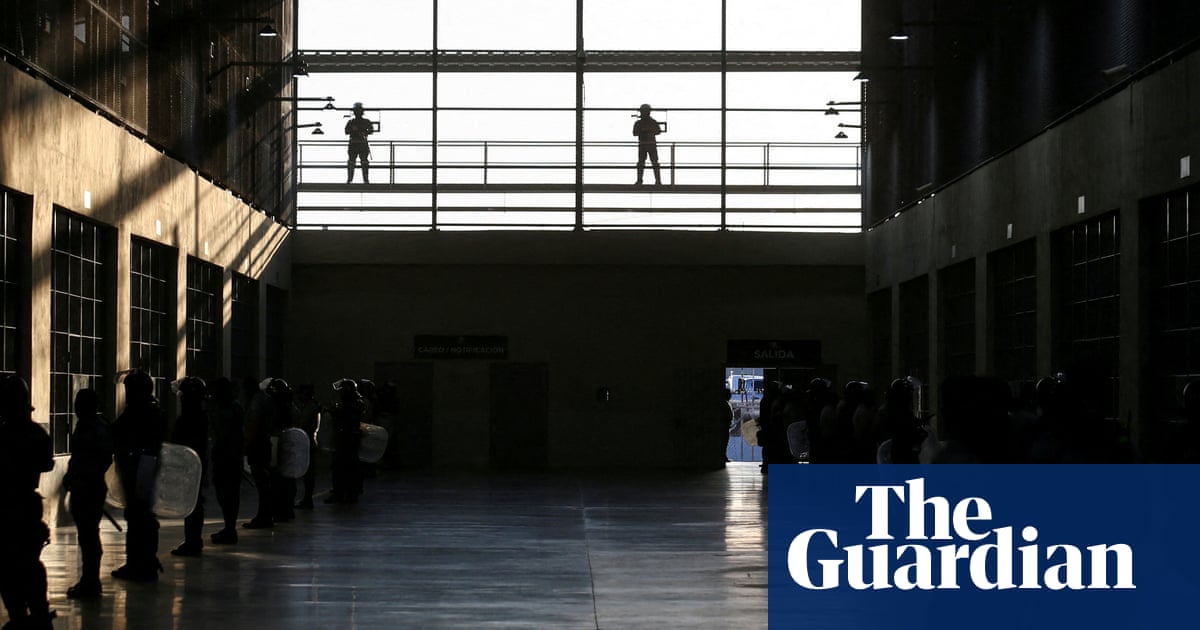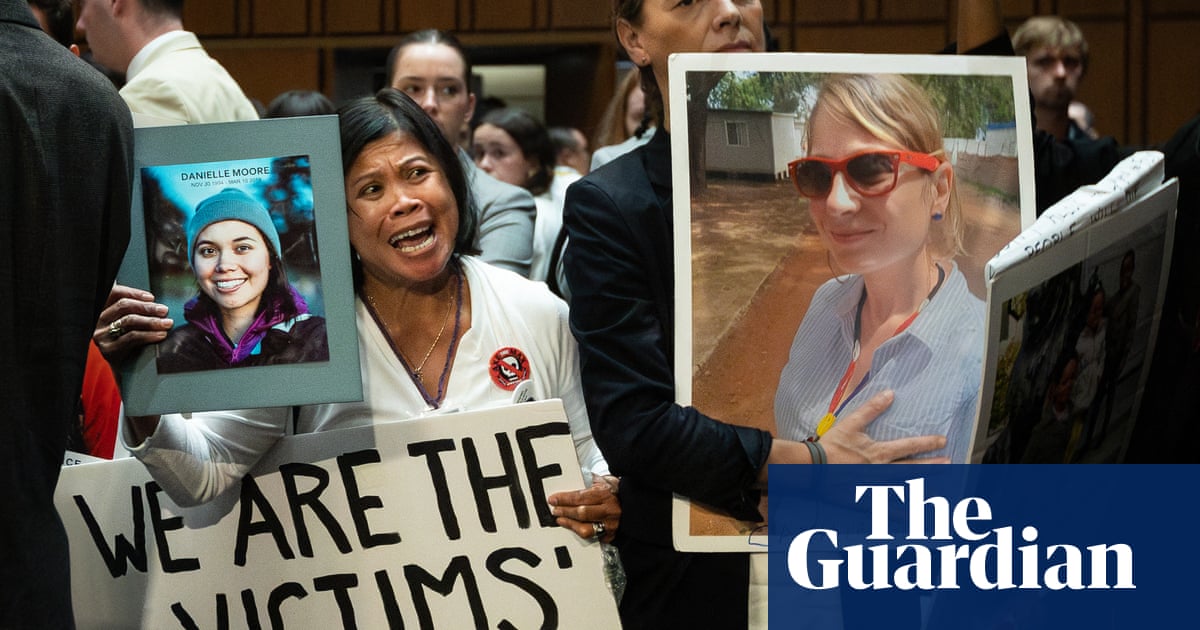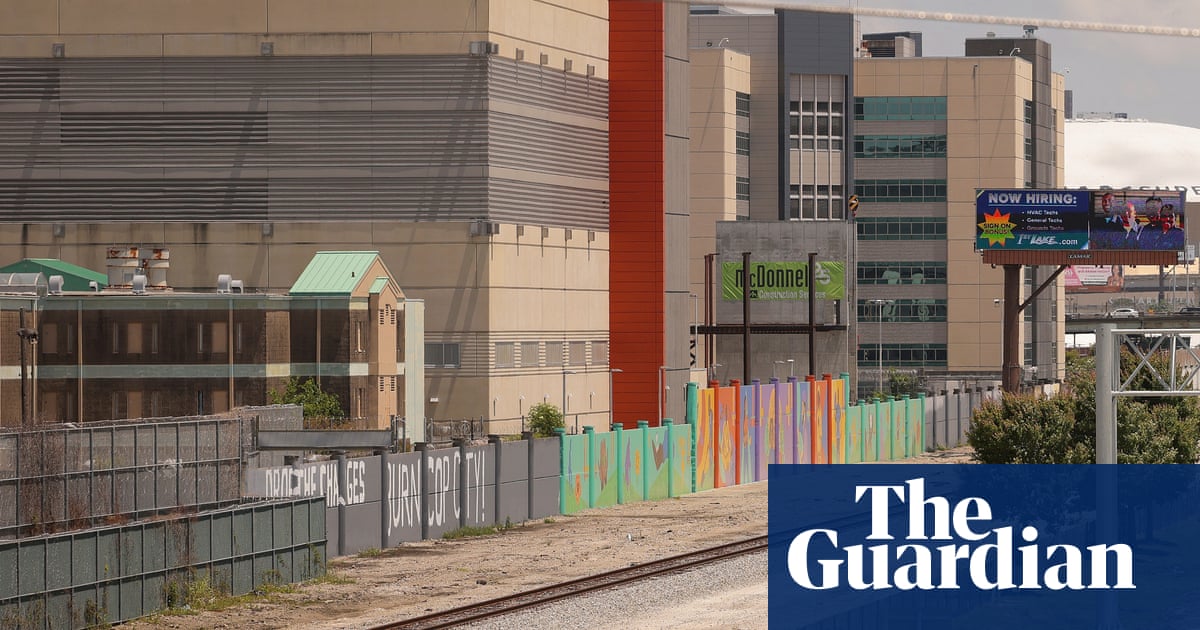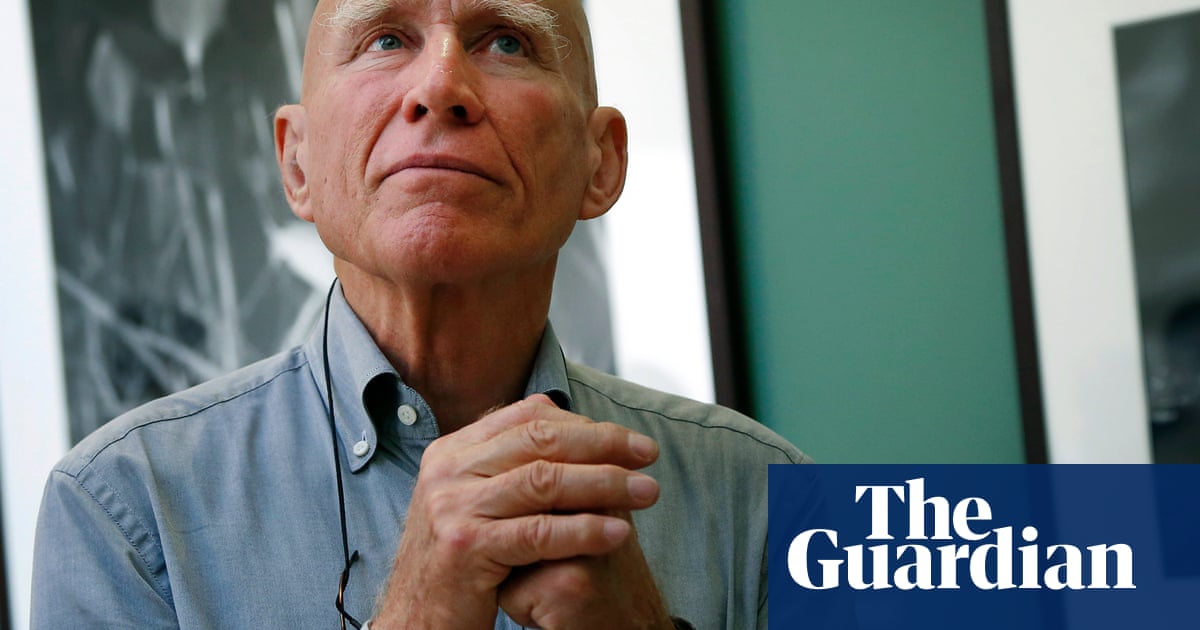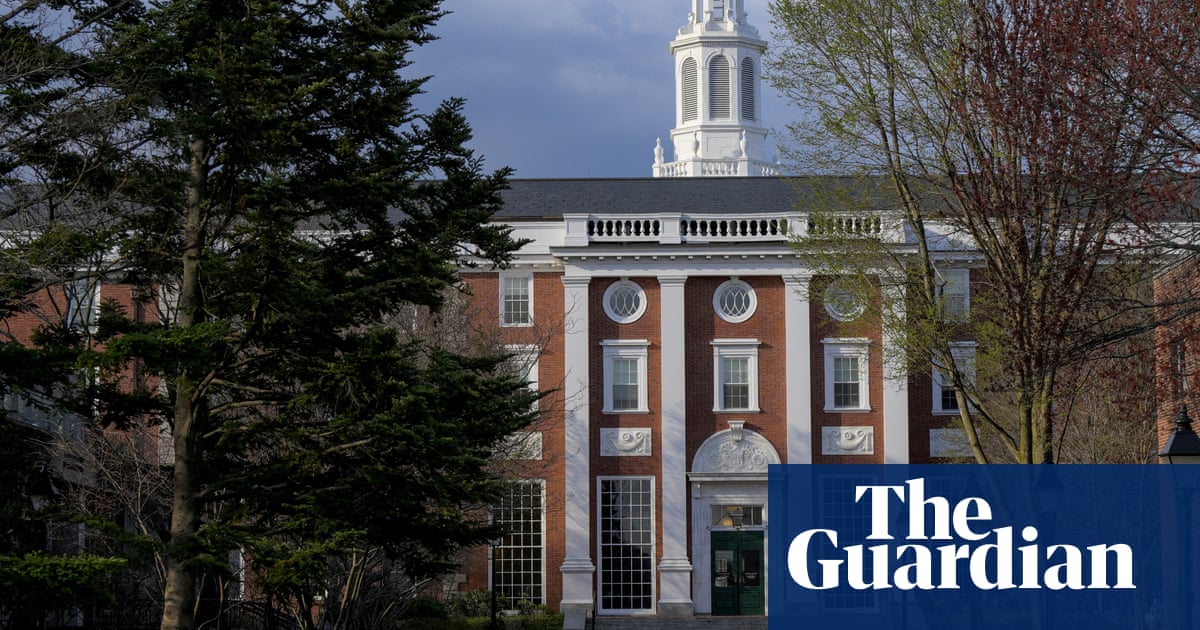The killing of two staff of the Israeli embassy in Washington DC comes as the war in Gaza has splintered the American body politic alongside the ongoing rise in political violence.
A shooter, identified as Elias Rodriguez, shot the two people, Yaron Lischinsky and Sarah Milgrim, outside the Capital Jewish Museum on Wednesday after they left an event hosted by the American Jewish Committee. Rodriguez reportedly chanted “free, free Palestine” while being detained by security.
This is the latest act of violence in a string of incidents that have affected Jewish, Arab and Muslim communities in the US. A man in Illinois attacked a six-year-old and his mother, both Palestinian American, and killed the boy in 2023 soon after Hamas’s 7 October attack on Israel, and three Palestinian students were shot in Vermont in November 2023. Reports of antisemitism, Islamophobia and anti-Palestinian racism have soared since the war began.
But an uptick in violence is not uniquely associated with the war in Gaza. It’s a feature of this “era of violent populism”, said Robert Pape, director of the University of Chicago Project on Security and Threats. Between assassination attempts on Donald Trump, ongoing threats of violence against a wide swath of government officials including judges, and an arson attack against the Pennsylvania governor, Wednesday’s shooting was not one that happened in isolation.
“This is a chronic illness in our country,” Pape said. “This is not a set of isolated events.”
People who commit acts of political violence often believe they will be celebrated by some portion of the public that supports the same goals, he said. The alleged killer’s supposed manifesto nods at this.
“They think about how they want to be perceived and what they want the news to be saying about them afterwards,” said Liliana Mason, a political science professor at Johns Hopkins University. “And it’s a very kind of self-oriented set of motivations.”
“We know that this guy screamed Free Palestine. He probably thought that he was doing something political. But also, there are plenty of people who think we should free Palestine, who are not going to go murder a couple people.”
A small portion of the pro-Palestinian movement has formally embraced the language of armed resistance, but the vast majority of those protesting against the war have been non-violent.
In the day since the shooting, condemnations have come from all sides of the political spectrum, including from politicians who have opposed US involvement in the war and joined pro-Palestinian protests. It also sparked a debate over the distinction between antisemitism and anti-Israel political violence, in part because it remains unclear what the perpetrator knew about his victims.
“My heart breaks for the loved ones of the victims of last night’s attack in DC,” said Rashida Tlaib, a congresswoman who is Palestinian American. “Nobody deserves such terrible violence. Everyone in our communities deserves to live in safety and in peace.”
Trump offered condolences to the loved ones of the couple killed in the attack. “These horrible DC killings, based obviously on antisemitism, must end, NOW!” he wrote on Truth Social. “Hatred and Radicalism have no place in the USA.”
Jews in the US have said it is another example of the menace they are facing as people protest against the war. Josh Shapiro, the Democratic governor of Pennsylvania whose residence was the target of an antisemitic arson earlier this year, said he was “heartbroken and horrified” by the attack. “May their memories be a blessing and a call to action for each of us,” he wrote on social media.
A writer in the conservative Jewish publication Commentary wrote that Jewish institutions would quickly work to increase security and that “Jews will be arming ourselves”.
Pape’s surveys have tracked a growing acceptance of using violence to achieve political goals across the political spectrum.
A poll he conducted in partnership with the Anti-Defamation League in spring 2023, before the Gaza war began, found that Americans who are highly antisemitic were three times more likely to support violence to achieve political aims than the general population. (The Anti-Defamation League is known for tracking antisemitism, but its methods have come under scrutiny for conflating antisemitism and anti-Zionism.)
But the killings also show that the US is a “tinderbox” and that political violence is a slippery slope, said Pape. People tend to compartmentalize political violence – if there’s an act of violence against Jews, it’s only a Jewish issue, the thinking goes, he said. But violence tends to beget more violence, and more acceptance of violence.
His surveys in 2024 found increasing support for violence against Trump alongside support for violence in favor of Trump, stemming in part from a belief that the electoral and political systems won’t address their grievances.
“The more political violence there is against Trump, the more there will be political violence against Democratic leaders like Josh Shapiro,” Pape said. “The more there’s political violence against Josh Shapiro, the more there will be antisemitic political violence. These are not compartmentalized issues.”
Meanwhile, it’s not only those in the Jewish and Palestinian communities who are being affected, but also those who have taken part in demonstrations associated with the war in Gaza.
Police have used force against protesters on campuses and off, seeking to quash the mass movements that have sprung up around the globe. Thousands of students have been arrested, suspended, kicked out of colleges, lost financial aid, had their degrees withheld. Others who were in the US on visas have seen their immigration threatened and face deportation.
The killings in Washington will probably lead to further crackdowns by the Trump administration on the pro-Palestinian cause. Pape’s most recent survey, earlier this month, showed 39% of Democrats agreed that using force was justified to remove Trump from office and that only 44% of Republicans opposed Trump using the US military to stop protests.
“We can sleepwalk into martial law pretty easily,” Pape warned.

.png) 8 hours ago
2
8 hours ago
2
